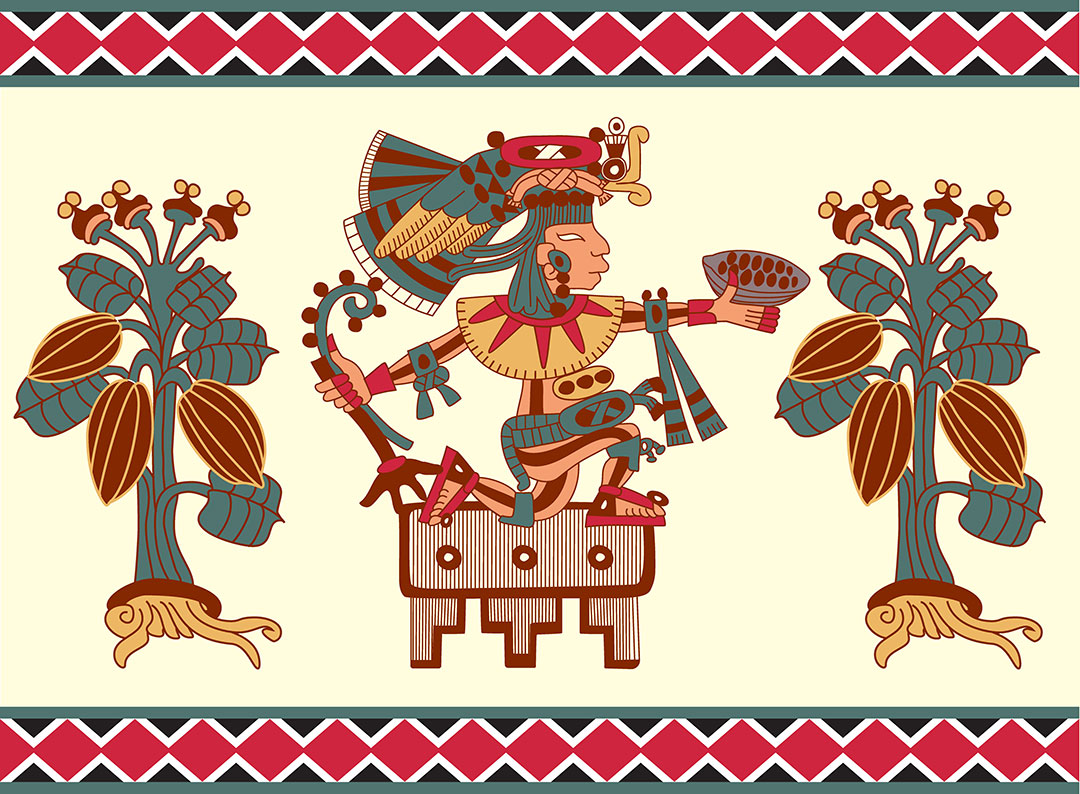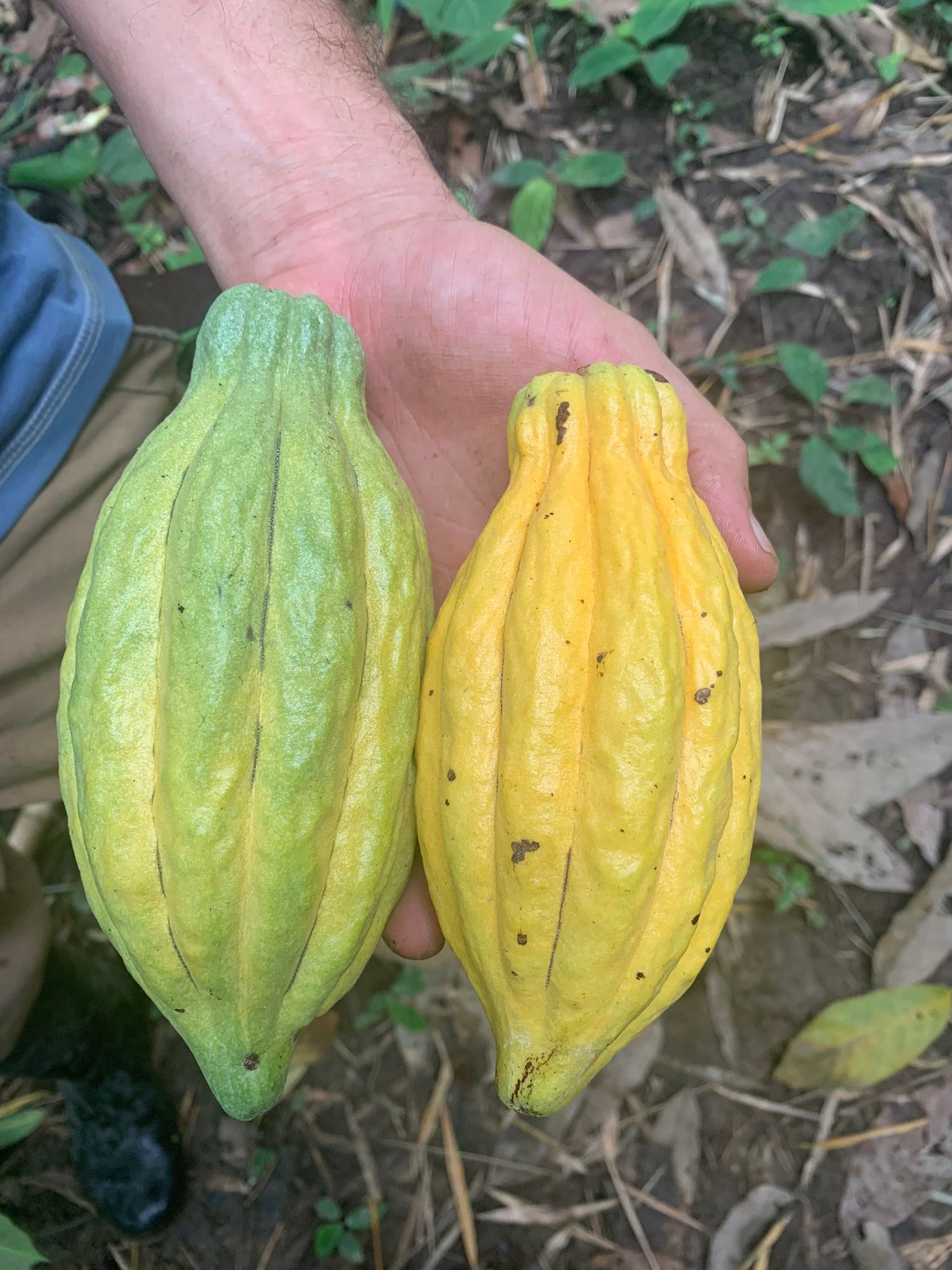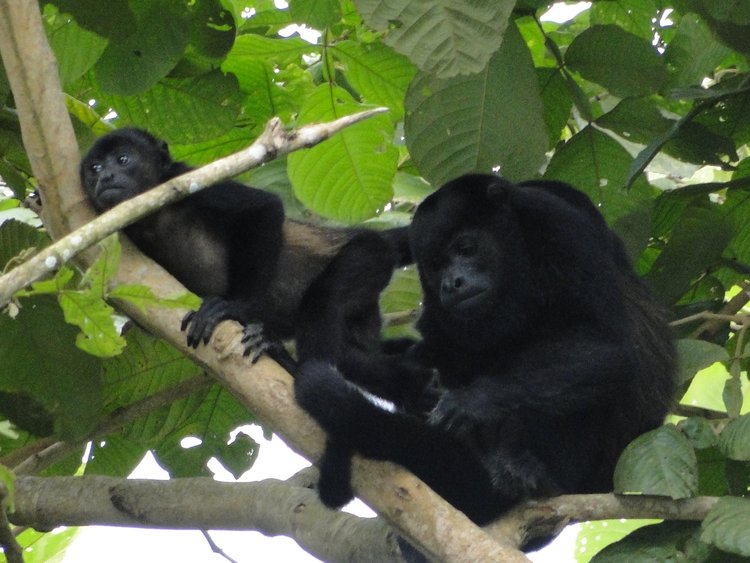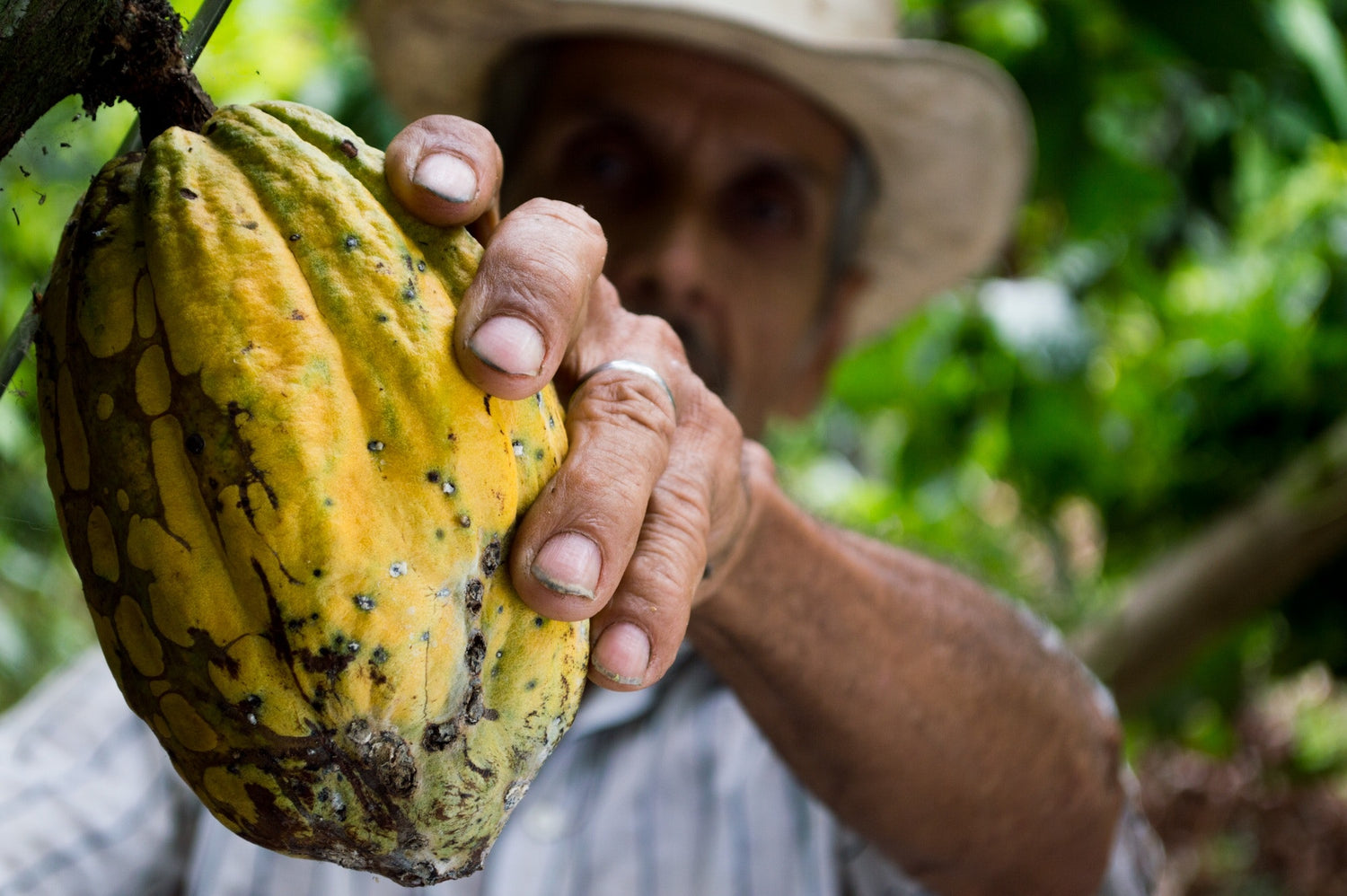About Us
Inspired by a trip to Ecuador, Cacao Tea Imports was founded to provide a nutritious and delicious tea that supports farmers, promotes biodiverse farming practices, and preserves rainforests. Discover our 'Why' below.

I was searching for inspiration for several years for a career that would be fulfilling. Then I came to a time when a successful career was an absolute necessity to support my family. Weary from chasing after the elusive idea for my own business, I took a trip to Ecuador to visit a friend. While I was there I thought I might enjoy becoming a chocolate importer but the fear of melted inventory kept me open to other ideas in Ecuador.

Inspiration strikes in Ecuador
After touring a farm that was turning into a wildlife refuge and learning about the destruction of rainforests in Ecuador, the farmer went on to tell me about the unfair payment cacao (think chocolate) farmers make. I was inspired to figure out a profitable business that would help this farmer purchase more land for displaced animals as well as financially support farmers struggling to have a decent quality of life. That’s when a damn good chocolate maker appeared and invited me to her home to talk about other uses of cacao beans. She suggested that I introduce the world to teas made from cacao because they have the same health benefits as dark chocolate. After tasting her pot of hot tea and recognizing that it was yummy hot or iced, I knew I had to find a way (despite my own financial problems) to bring this nutritious delight to the masses of tea and coffee and chocolate lovers. And that was the beginning of “Cacao Tea Imports”. I was motivated to help hundreds of farmer-families.

Cacao Tea: A Family Affair
Since there’s very little caffeine in cacao tea, jitters aren’t a problem and sleep typically isn’t affected either, which makes it nice for kids who like teas and coffee or chocolate. My eleven year-old son and his 52 year-old father were my first product tasters. My son likes it best sweetened. His father, who is a daily tea and coffee drinker, agreed that I should introduce it to the market. From there I just needed to roll the dice and see if there were enough people who would love cacao tea and support the farmers the way I dreamed they would.
Our tea is artisanally fermented and sourced from organic farmers striving to uphold biodiversity farming practices, which means they don’t do monoculture or destroy wildlife ecosystems to make their living. The terrain I had to trek to get to these farms was quite rugged and therefore terribly time consuming to reach–another aspect of the farmers’ lives I hoped to improve by finding new customers for them. I was surprised to learn in Ecuador that there is not yet such a thing as a biodiversity farming certification.

A Chocolate Covered Ethical Dilemma
My jaw nearly hit the floor when the farmers told me about the hardship the USDA Organic certification actually causes them. I had been badly mistaken in assuming that organic certification means “healthiest food you can get” and “most ethical food you can get”. As it turns out, monoculture “organic” farming doesn’t produce healthy soil like the soils of biodiverse farms. A fruit or vegetable is only as nutritious as the soil it grows in. The healthiest of soils come about because of the full spectrum of plants and animals that should be indigenous around the plants you want to eat for your wellness. In other words, your fruits and veggies are healthier if howler monkeys and toucans live above where they are growing. Monkeys and toucans don’t live in monoculture farms because the ecosystem is destroyed there. They can’t survive without the full spectrum of plant life around them. So that’s why they run for refuge anywhere they can still find their food sources.

"Organic" Doesn't Mean Healthy or Compassionate
The USDA organic certification doesn’t care about the soil’s richness or the welfare of animals that live on top of it. The USDA organic certification also doesn’t care about the financial burden they put on these poor farmers who have to pay the inspectors to come to their farms and find compliance issues multiple times per year. My vision is to see Cacao Tea Imports become so successful that these farmers can establish their own standards of what “organic” truly should mean by creating an organization to govern a new Biodiverse Farming Certification.

So, when you start to lean towards buying a "cheaper" box of xyz, ask yourself why is it cheaper?–because if hundreds of families and animals got marginalized to fit with a company's margins, then maybe you don't want to vote with your dollar there. This is true for how you get your coffee and chocolate and everything else. As a world society we can no longer plead ignorance about what is truly happening behind the scenes of the products we buy every day. I created Cacao Tea Imports to inspire us to buy Fair Trade and Biodiversity Farmed ingredients, so our motto is...
